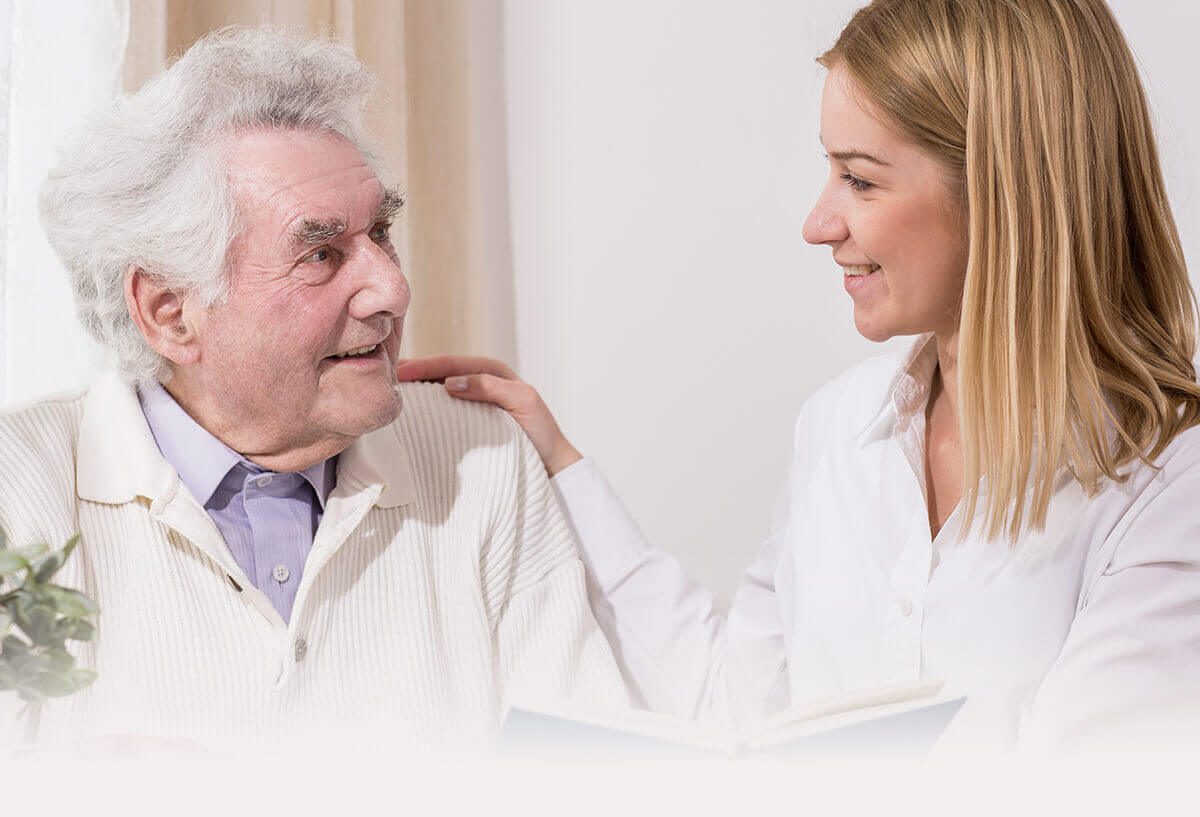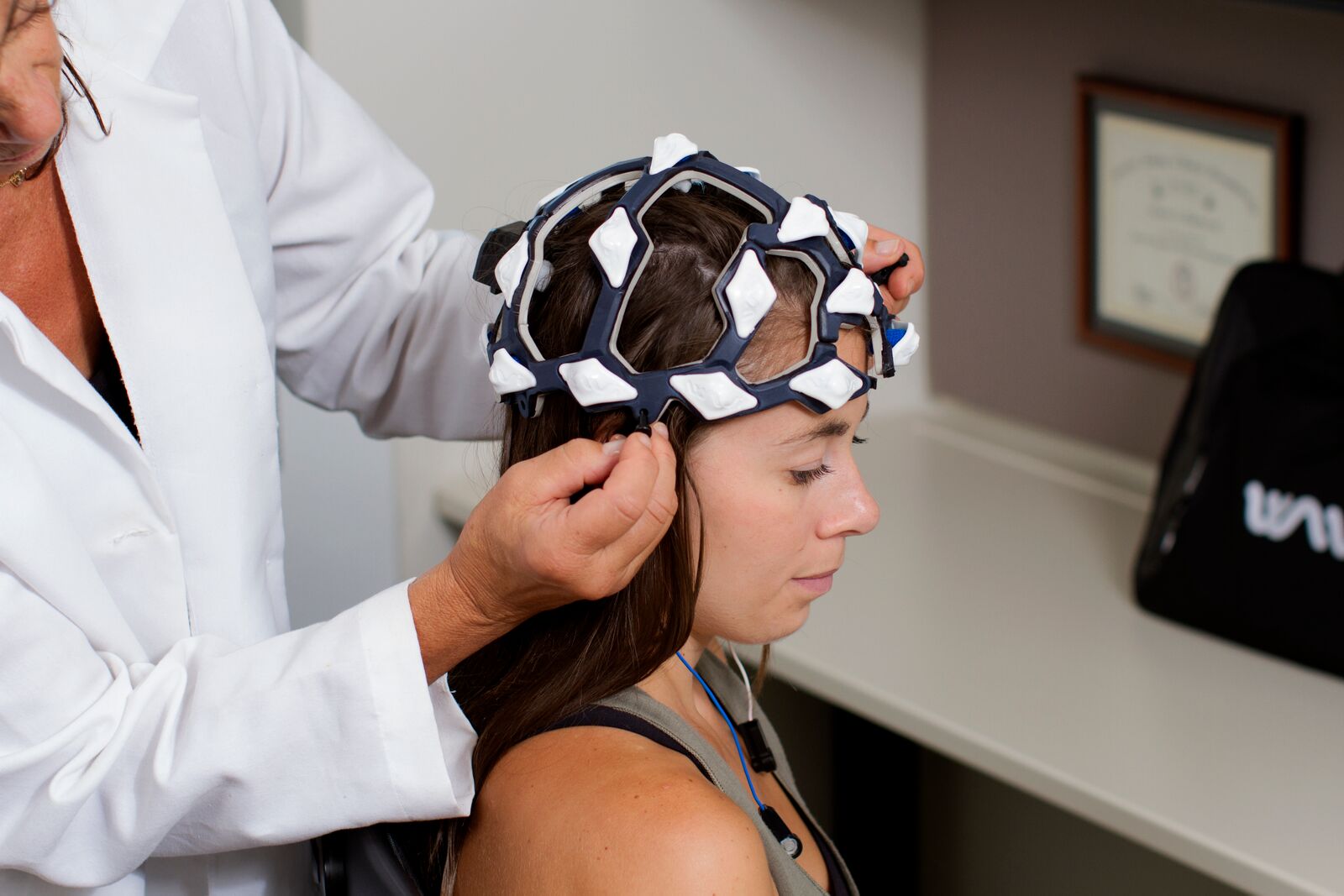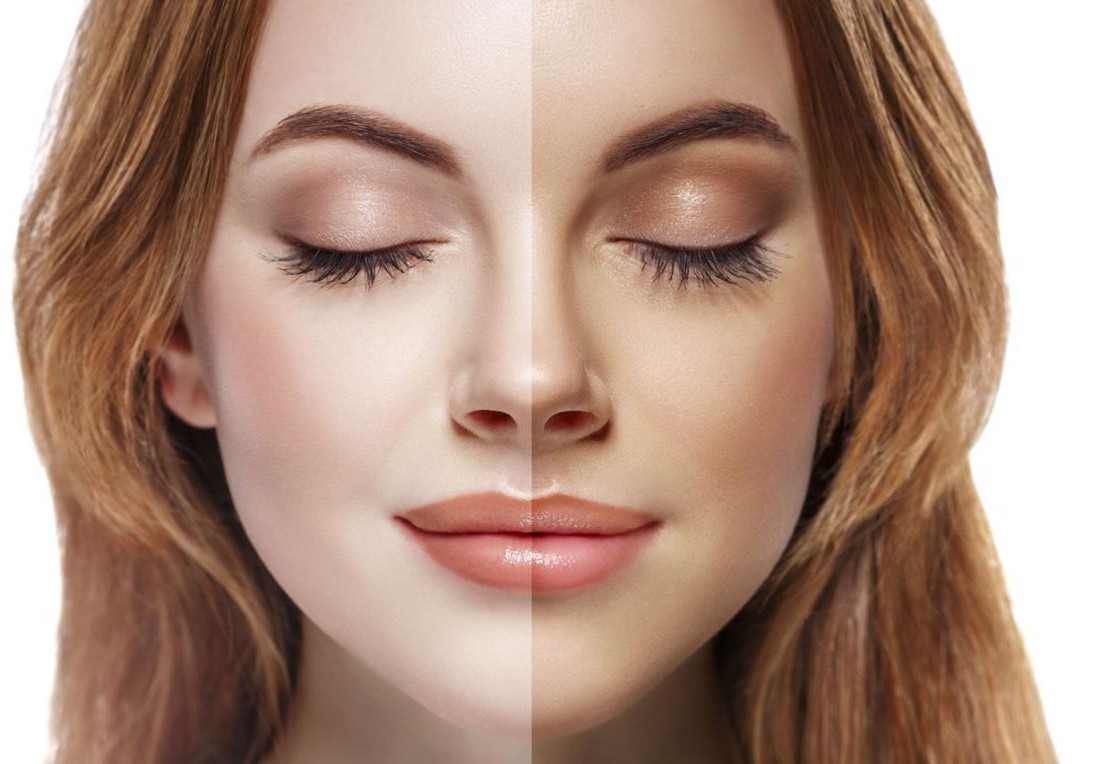As hospital admissions for older people rise, the NHS is put under more and more strain. Avoiding a stay in hospital is crucial for helping reduce pressure on the NHS, as well as improving quality of life for the elderly. By investing in a Helpline elderly fall alarm, you can benefit from peace of mind and help them avoid a costly hospital stay.
As our parents, friends, or relatives get older, their need for care increases. While some are at ease, even reassured, by moving into sheltered accomodation or a residential care home, many prefer the independence and comfort of continuing to live in their own home.
If this is possible, their safety is your main priority, and certain measures should be taken to prevent any accidents or falls around their home. These can be fairly simple and low-cost improvements, such as installing grab rails, particularly in the bathroom, and kitchen appliance safety and fire alarms. Even a rearrangement of the furniture and tidying of trailing or loose cables to allow for clear and easy access in each room can make a big difference.
All these measures are a good starting point for any elderly people living alone or even as a couple. But if a fall, slip, or accident has already happened, it may be time to consider whether a carer might be the best choice to help give them the dedicated care they need.
Building trust
Live in carers or hourly home care services are the ideal solution if the elderly live alone, or if they have no close relatives nearby to check in regularly. They can ensure the appropriate level of care and support is given in their own home every day and help avoid hospital visits.
Whether the carer is a permanent live-in carer or comes in for a few hours every day, they can foster a relationship that includes friendship and companionship, but also instills trust and confidence in the patient. This may take a period of time, but the carer is perfectly positioned to administer professional one to one care and should be matched to the patient according to specific needs and level of care required.
Having this close relationship obviously helps to forge a bond, but it can also go a long way to improving the health and well-being of any elderly patient. As a result, they’re often happier and more motivated which results in a more positive outcome, and the understanding between patient and carer can encourage self-care when and where appropriate.
As a trained professional, a carer has the patient’s long-term good health at heart and should be able to help introduce new changes and routines that could prevent a short, or potentially, long stay in hospital. This could range from recognising the early stages of an infection, to making changes to diet or seeking further advice on any medication before their health deteriorates.
Risk and fall management
Another essential area where carers are invaluable is their expertise in risk management and fall management. Every elderly patient will have an individual care plan that includes treatments and practices that helps the carer provide ongoing proactive care, rather than reactive care after any event.
When it comes to risk management, carers are trained to understand and asses every aspect of the patient’s needs, including nutrition and hydration requirements, levels of mobility and whether further assistance is required, and communication skills or difficulties. There is also the ability to assess whether or not any ongoing specialist care is required for a specific condition such as dementia or Parkinson’s.
Falls and slips are the highest cause of emergency hospital admissions for the elderly and they can have a significant effect on a healthy outcome in the long-term. The individual care given to older people in their own home can give patients the peace of mind that help and support is on hand whenever it’s needed, and that in itself will avoid a large percentage of unnecessary falls and hospital admissions.
With the help of a live-in carer, fall management can be dealt with and assessed continuously, eliminating almost any possibility of falls. But with daily carers coming in for only a few hours at a time, it leaves large parts of the day and night where the elderly are left alone, raising the chances of a fall happening.
Helpline care alarms
If your elderly relative lives alone and has a daily carer rather than a live-in carer, or perhaps no carer at all, investing in a Helpline elderly care alarm for them is advisable. In the event of a slip or fall, they’ll be able to alert someone instantly by using the personal alarm and getting help as quickly as possible.
By wearing one of the Helpline panic alarms, either as a pendant around the neck or as a wristband, with one push of the button, help is available 24 hours a day, 7 days a week. All user details and emergency contact numbers can be entered directly into the Helpline system, so when the alarm is raised, the response centre know exactly who is calling and where from.
When the alarm is activated, it immediately connects to Helpline’s emergency response centre through the base unit, and within seconds they can assess the situation and call a family member, a doctor, or carer to help.
When you choose your preferred Helpline personal alarm, the Helpline team will visit to install the alarm and provide an overview of how it works. Each alarm is fully waterproof and has an active range of upto 165 feet (50 metres) from the base unit, and a battery life of upto 7 years. And there’s no need for the user to remember any phone numbers or other details as they’re all stored in the Helpline system.
With a Helpline personal alarm, in the event of the worst case scenario, help can be on hand instantly. And a fast response time can be the difference between a hospital visit or being treated at home.
For more information on Helpline care alarms or to arrange of visit from the Helpline team, visit Helpline or call today on 03458 247999.




I Agree!! As our parents, friends, or relatives get older, their need for care increases. Helpline care alarms is the best solution if the elderly have no close relatives nearby to check in regularly.
Thanks for sharing. Find out more here about senior care services, contact here.